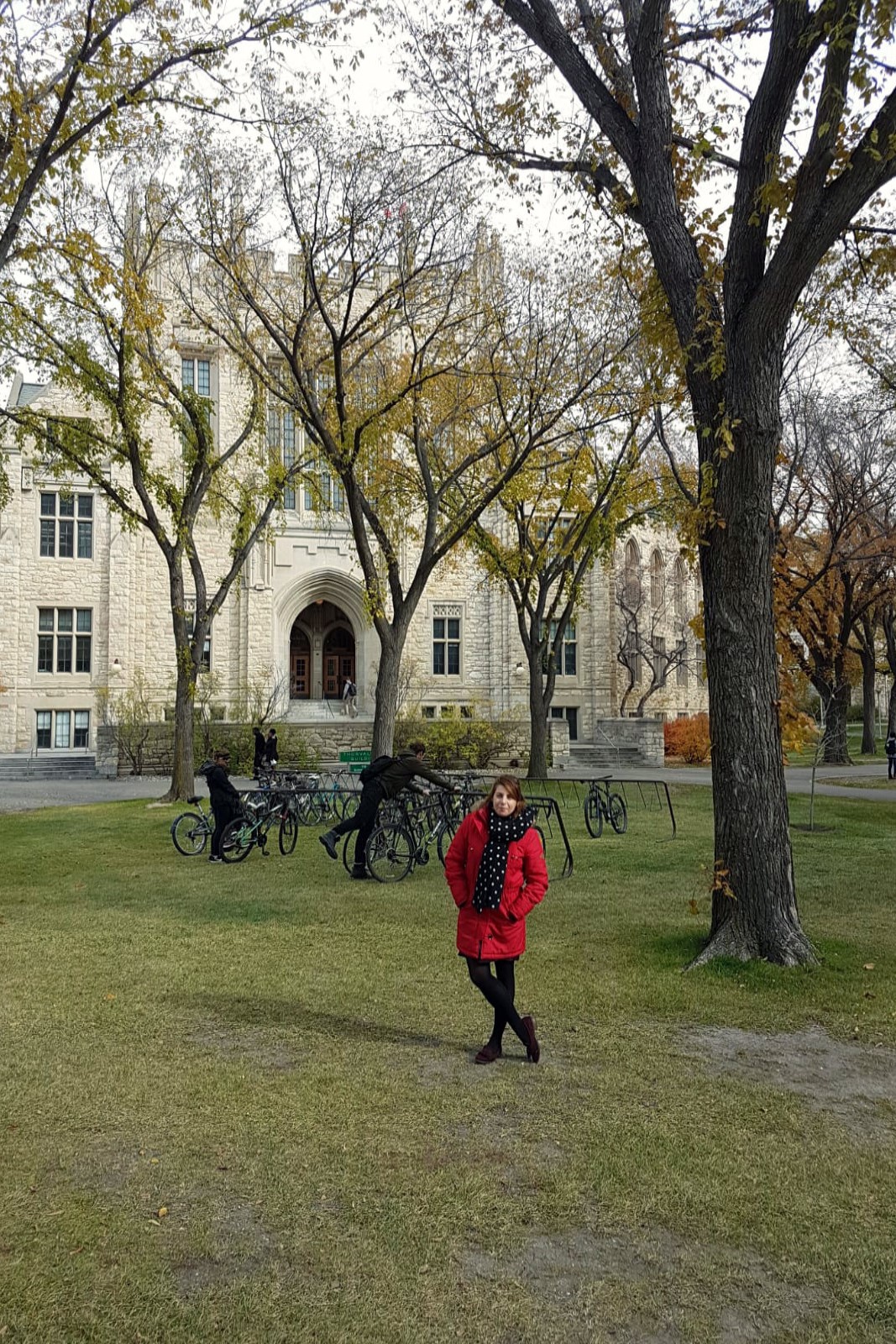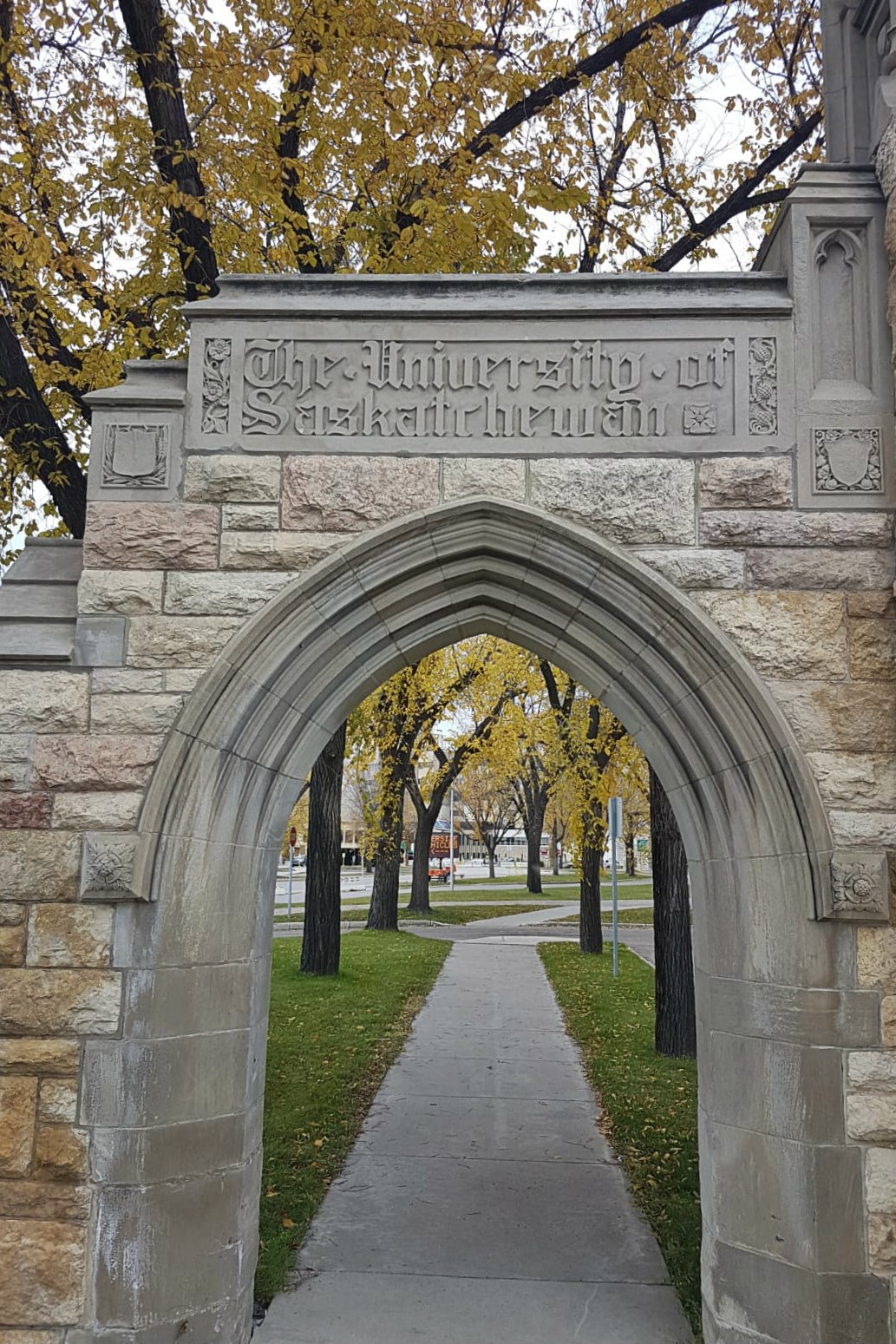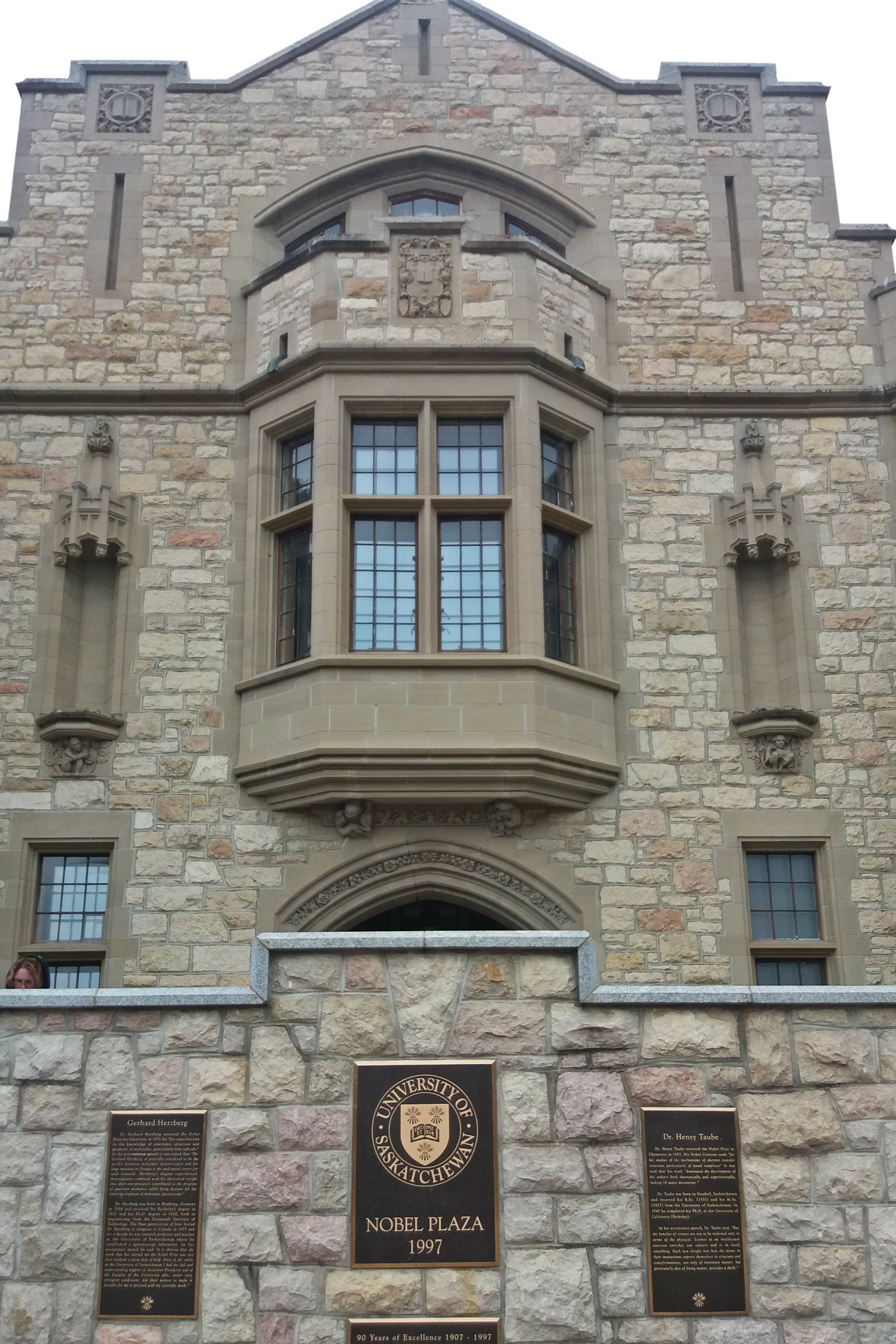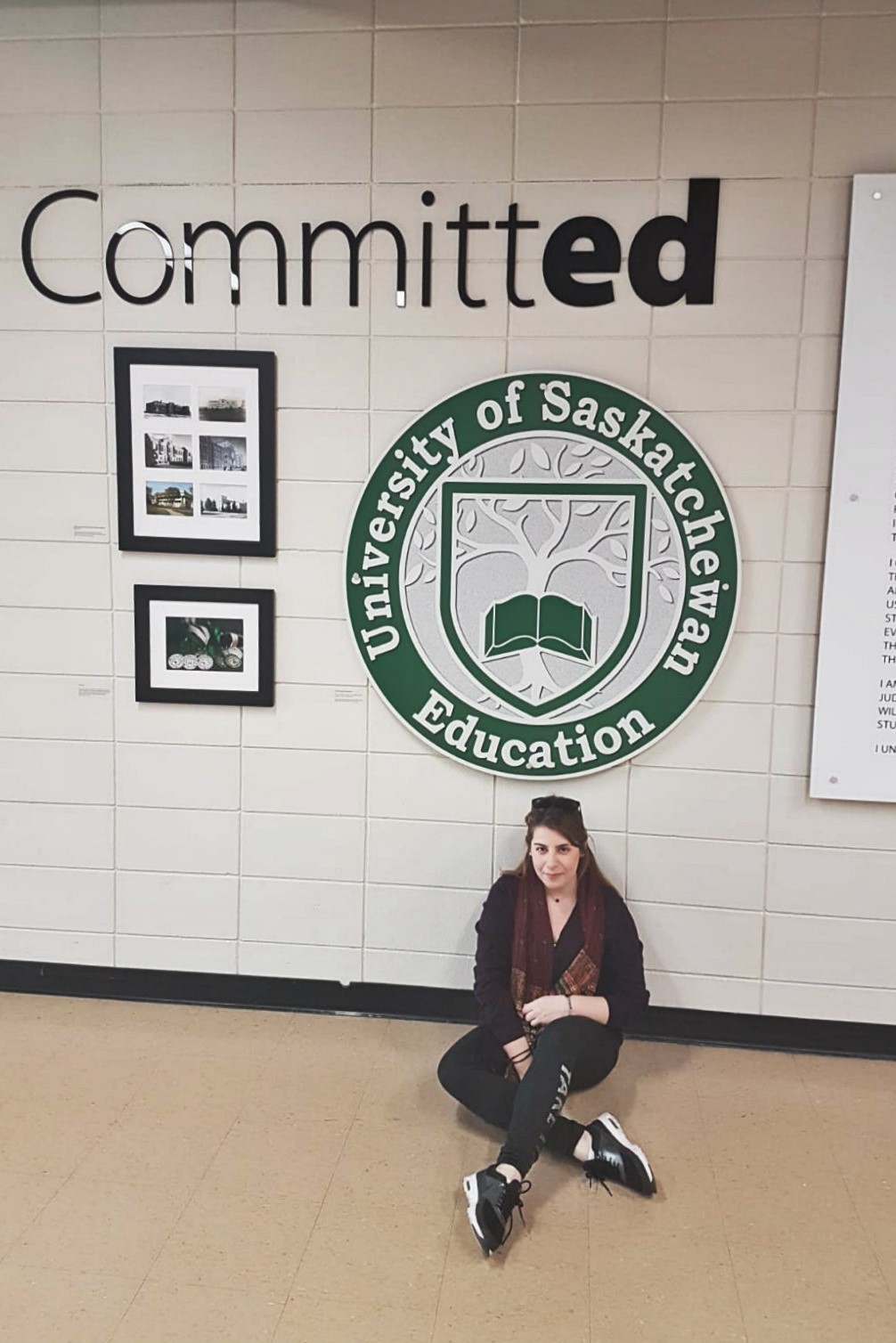Eleni Louloudi: Saskatchewan, Canada
College of Education at the University of Saskatchewan
In the past few weeks, I had the possibility to visit the College of Education at the University of Saskatchewan, Canada in order to collect data for my PhD thesis and get to know the Canadian education system better.
The University of Saskatchewan is one of Canada’s top research universities (https://www.usask.ca/) that clearly engages in social justice education, which made it very appealing to my research and personal interests. My prior contact and supervisor there was Prof. Geraldine Balzer, whom I met in a Literacy Conference in Madrid last year, and with whom I have excellent relationships ever since. Prof. Balzer teaches critical theory and social justice at the Department of Curriculum studies. It was one of her projects, Developing a Pedagogy of Social Justice Through Postcolonial Literature, which I found to be remarkably close to my own project and decided to look into through this research visit.
Hence, the purpose of this stay was twofold: 1. gain insight into the understanding of critical literacy/social justice both in theory (definition) and in practice (application), and 2. look into the specific literature choices of teachers to develop critical literacy and promote social justice in their classrooms. Since the aforementioned project serves as a Good Practice Example in my thesis, I was already expecting to see social justice practices and was ready to meet people who are aware of and apply social justice education and critical literacy in their classrooms.
During this month, I became a regular (enrolled) university researcher in Canada, visited Prof. Balzer’s classes, gained access to the exorbitant collection of social justice books in the library, visited four different rural schools around Saskatoon and interviewed five teachers, talked to the school division, participated in a project meeting of the team, met other incredibly motivated teachers and learned about their attitude towards social justice, not only in education but also in their greater culture. (…)
I find this experience to be of great importance for my thesis’ progression, not only because it provided me with a great variety of research data, but also because it helped me meet inspiring people, whose work is dedicated to creating just classrooms and socially engaged citizens. I am very grateful to have received the financial aids from my graduate school and I look forward to using these materials in my thesis.




